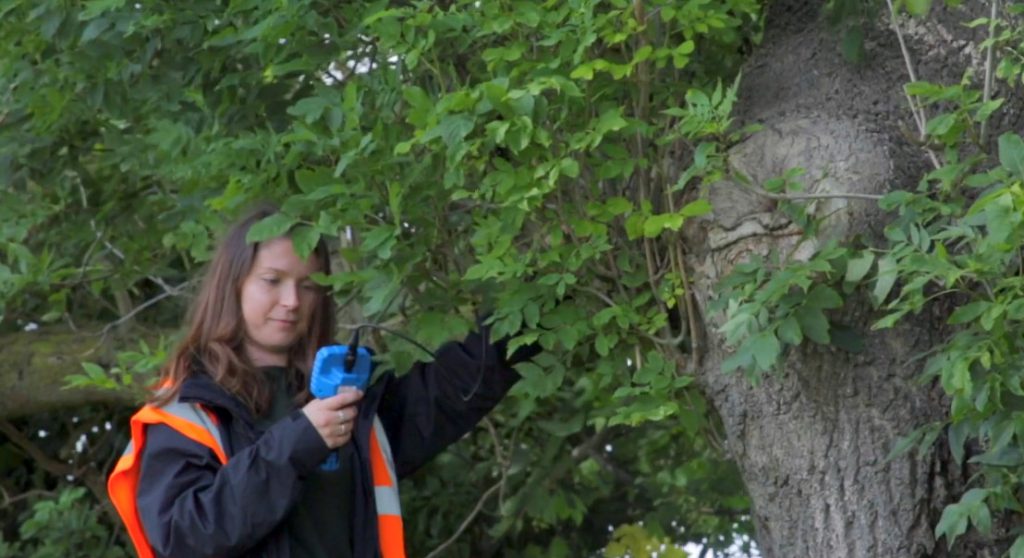Buckinghamshire’s Greenfield Land
A county filled with hills, rivers, valleys and woodlands, Buckinghamshire features a wide selection of rural locations, and a third of the county consists of various Areas of Outstanding Natural Beauty (AONB). Even though it is a distinct countryside county, only 4.3% of the population lives in rural areas, and efforts from the local council show an intention to continue developing across Buckinghamshire in future years.
Currently, Buckinghamshire Council operates within the Local Plan for Bucks (LP4B) – a pledge to encourage future developments up until the year 2040 that will support housing and economic progress in the county. A pivotal part of LP4B revolves around allocating suitable sites for development projects, including both brownfield sites and greenfield sites.
It is often preferable for developers to use greenfield land as the basis for their planning project due to the lack of existing infrastructure, minimal obstructions and a blank canvas to work from. Undeveloped patches of land aren’t completely without issues though, with the lack of intervention sometimes leaving historic remains and features hidden on the site.
Buckinghamshire Council Archaeology Service
In order for the local council to utilise the expertise and insights of qualified archaeologists, Buckinghamshire Council refer to their own bespoke department. The Buckinghamshire Council Archaeology Service (BCAS) works to conserve, enhance, promote and record the historic environment across the county.
BCAS also contributes heavily to the local planning authority, providing advice and guidance on developing sufficient planning policies and decisions to grant or deny applications for planning consent. It may seem like an uphill task to satisfy the demands of the local council and archaeologists working on their behalf, but with an archaeology survey, developers can ease any qualms to support their planning application.
Assessments for Archaeological Remains
Prior to a physical inspection of the site, desk-based assessments will be carried out to find any data that could imply that the site holds historic importance or houses recognised archaeological remains. Analysis of the site will then be split between a surface survey to identify historic remains above ground and a geophysical survey to find indications of historic remains below ground.
The main part of a geophysical survey sees the archaeological consultant using a ground penetrating radar (GPR) device to send radio waves into the ground and discover any unexpected features within the ground based on the distances between the radio waves leaving the device, reflecting on solid objects and returning back to the device.
Unexplained underground features will likely cause the archaeological surveyor to excavate, and they may also choose to include other techniques in the assessment such as aerial photography, site discovery, walkovers and watching briefs, as well as the potential to consider existing building survey results, contours, earthworks and proximity to the National Grid.
Following the survey, an archaeology report will be created as evidence to the planning officer from the local planning authority that an archaeological assessment has been undertaken to the necessary standard and that a qualified archaeologist has produced impactful next steps that will allow the project to move forwards, removing any elements that could cause a rejected application for planning consent.
Speak to an Archaeological Consultant
Planning projects on or adjacent to listed historic sites or undeveloped land that could potentially feature archaeological remains will need to be subjected to an archaeology survey. Without the archaeology survey report of an archaeologist, the local council simply will not consider an application for a planning condition on the site. Our archaeological consultants are skilled and capable of conducting archaeological assessments, and our reach across the UK means that we are able to visit your site in Buckinghamshire.
By speaking to our team and giving us details about your site and project, we can provide you with a free quote. Using this, you can decide whether or not you want to move forward with us, and if you do, Arbtech will work with you to find a suitable date to visit your site, undertake an archaeology survey and assist you with gaining planning permission.


